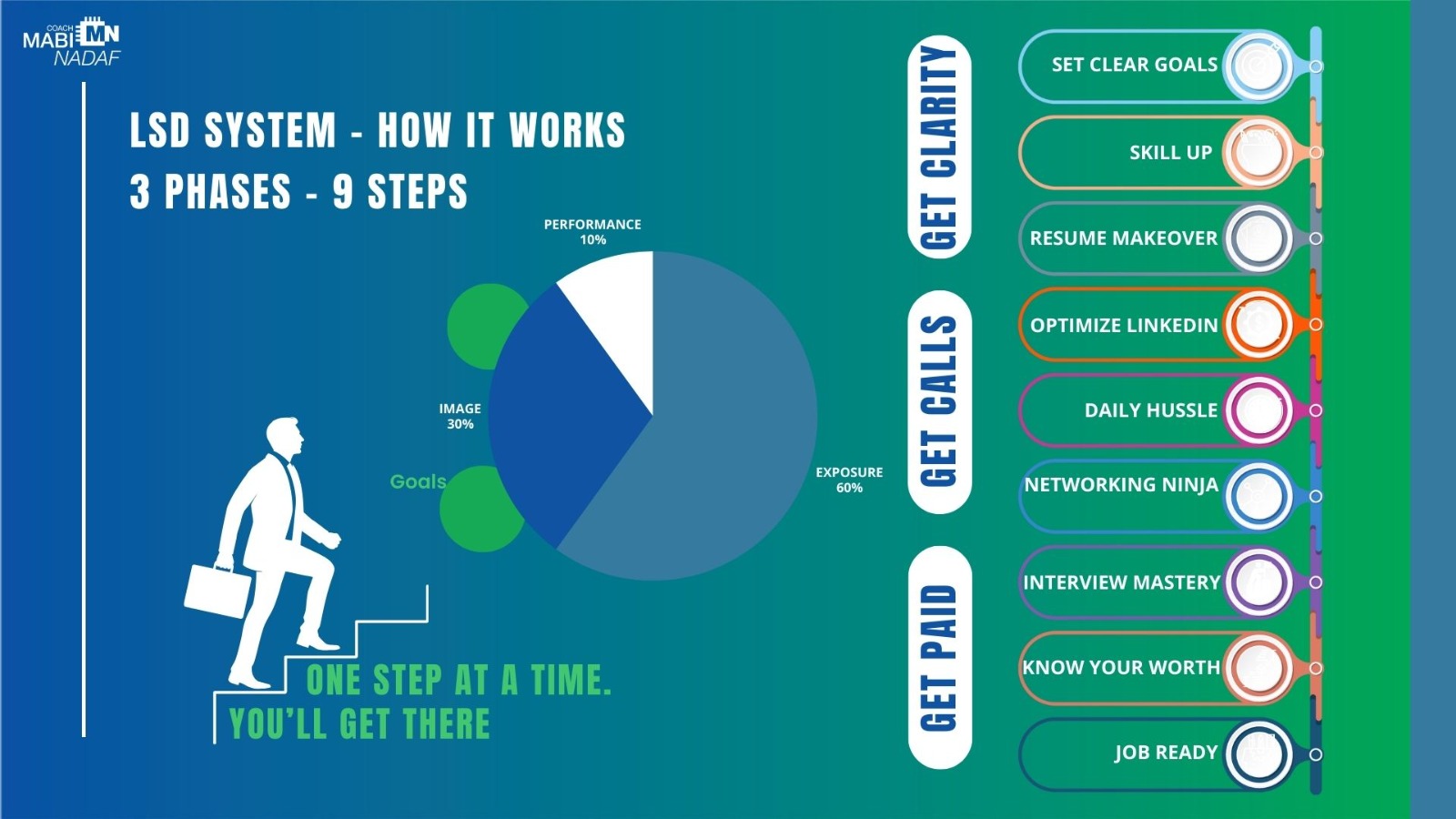Mission
At Picochip Solution, our mission is to equip aspiring engineers with industry-relevant skills, knowledge, and experience that ensure they excel in the competitive job market.
We are committed to providing 100% job-oriented certification programs designed to empower our students with practical, hands-on learning and direct pathways to rewarding careers in VLSI design.
COURSE
VLSI Certification
Our core VLSI Certification program is directed to engineering graduates and is designed as a comprehensive project-based training with elements of theoretical knowledge included. In the course of study, concepts are covered ranging from the elementary semiconductor matters to intricate analog circuits. Students will learn a lot about using current EDA tools thus when they go for job placements, they will be very productive from the first day at their workplaces.
Duration
4 months
(16 weeks)
Hybrid
(Online + Offline)
Learning Objectives
-
Master key VLSI design concepts, tools, and techniques. -
Achieve proficiency in designing digital and analog circuits. -
Prepare for technical job interviews with personalized guidance.
Analog Circuit Design Training
This intensive course is designed to provide Analog aspirant with expertise in designing analog circuits for various industries. With the primary focus on real-world applications, the course offers a hands-on approach using the latest industry tools.
Key Modules
Semiconductor Basics
-
Master key VLSI design concepts, tools, and techniques.
OpAmp Design
-
Learn to design single-stage, two-stage, and folded cascode operational amplifiers.
Course delivered by
-
2 to 3 Industry Professionals Module based training Module based assessment
Placements
-
96% placement success! Dedicated placement cell Opportunities in MNCs
Eligibility
-
ECE/EEE graduates Graduated within last 2 years 7+ CGPA
-
Master key VLSI design concepts, tools, and techniques.
-
Learn to design single-stage, two-stage, and folded cascode operational amplifiers.
-
2 to 3 Industry Professionals Module based training Module based assessment
-
96% placement success! Dedicated placement cell Opportunities in MNCs
-
ECE/EEE graduates Graduated within last 2 years 7+ CGPA
Feedback Techniques
-
Explore different feedback topologies and practical applications.
Mini Projects
-
Real-world applications designed in line with industry needs.
Course duration
-
4-months (16-weeks)
Infrastructure
-
Latest Tools from Industry Tools Access from Anywhere Online Classes
Selective admission
-
Good communication is must Strong technical fundamentals Curiosity to learn & apply
-
Explore different feedback topologies and practical applications.
-
Real-world applications designed in line with industry needs.
-
4-months (16-weeks)
-
Latest Tools from Industry Tools Access from Anywhere Online Classes
-
Good communication is must Strong technical fundamentals Curiosity to learn & apply
Expert Faculty
Our courses are delivered by a team of highly experienced professionals from the VLSI industry. Each instructor brings practical knowledge and technical expertise to help students develop a strong foundation.

Faculty 1
Faculty 2
Faculty 3
Faculty 4
Sony CEO
Lorem ipsum dolor sit amet, consectetur adipiscing elit. Ut elit tellus, luctus nec ullamcorper mattis, pulvinar dapibus leo.

John DoeCEO
Lorem ipsum dolor sit amet, consectetur adipiscing elit. Ut elit tellus, luctus nec ullamcorper mattis, pulvinar dapibus leo.

John DoeCEO
Lorem ipsum dolor sit amet, consectetur adipiscing elit. Ut elit tellus, luctus nec ullamcorper mattis, pulvinar dapibus leo.

John DoeCEO
Previous
Next
Placement Success
100% Placement Assistance
With a dedicated placement cell and partnerships with leading MNCs, we offer our graduates strong job prospects in the VLSI field. Our programs have achieved a 96% placement success rate, with many students landing roles in top companies.
Education
ECE/EEE graduates who completed their degree within the last two years.
CGPA
Minimum 7+ CGPA.
Skills
Strong technical fundamentals, good communication skills, and a passion for learning.
Eligibility and Enrollment
Enrollment Process
-
Complete the online application form on our website. -
Pass an enrollment interview to assess technical and communication skills. -
Upon selection, you’ll receive a detailed overview of the fee structure and payment options.
Master essential skills in Analog IC Design
with a comprehensive curriculum covering
In-depth understanding of MOSFET, FDSOI, and FinFET operations.
Combinational and sequential circuits, stick diagrams, and gate-level design.
Fundamentals of the fabrication process and layout design.
Hands-on experience with Unix, along with scripting in PERL, Python, and TCL.
Single-stage, cascode, cascade, and differential amplifiers, including frequency response analysis and feedback circuits.
Design of BGR, LDO, high-speed digital circuits, AMS, general-purpose I/O, and ESD circuits.
Memory circuit design and packaging techniques.
Expertise in Verilog-D and Verilog-A.
Proficiency in industry-standard EDA tools, with a focus on advanced technology nodes.
In-depth understanding of MOSFET, FDSOI, and FinFET operations.
Combinational and sequential circuits, stick diagrams, and gate-level design.
Fundamentals of the fabrication process and layout design.
Hands-on experience with Unix, along with scripting in PERL, Python, and TCL.
Single-stage, cascode, cascade, and differential amplifiers, including frequency response analysis and feedback circuits.
Design of BGR, LDO, high-speed digital circuits, AMS, general-purpose I/O, and ESD circuits.
Memory circuit design and packaging techniques.
Expertise in Verilog-D and Verilog-A.
Proficiency in industry-standard EDA tools, with a focus on advanced technology nodes.
FAQs
Is there a 100% job guarantee?
No, we do not provide a job guarantee.
However, we deliver high-quality training and placement assistance, which has resulted in a 96% placement success rate, setting a benchmark in the industry.
How does it work?
- Comprehensive job-ready training to equip you with in-demand skills.
- Development of a job-ready graduate prepared to excel.
- Access to real-world opportunities with industry-leading companies.
What happens if I don’t pass the JRA test?
Failing the JRA test is not the end—it’s a chance to improve.
This helps us identify areas where you may need support. We work closely with you to overcome challenges, preparing you for future interviews and a successful role as an Analog Layout Design Engineer.
Here’s what you’ll receive:
- Constructive feedback to pinpoint areas for growth.
- Unlimited opportunities to retake the test, free of additional charges.
Our goal is to ensure you excel and succeed in your career.
Can I avail of this training online?
No, we have discontinued online training due to its lower effectiveness.
From our experience, offline training delivers superior results. It ensures better preparation for challenging interviews, improved performance in job roles, and greater client satisfaction.
Our approach prioritizes:
- The success of our students.
- The satisfaction of our clients.
How is the training delivered?
We follow a module-based teaching approach.
Training format:
- Each module covers key concepts taught both theoretically and practically.
- At the end of each module, there’s an assessment to test your understanding and clarity. This structured approach ensures you’re well-prepared for real-world applications.
Will I receive a certificate if I don’t complete the training?
No, certification is awarded only upon successfully meeting the minimum score in the JRA test.
This ensures that every certified student meets GIICT’s standards, demonstrating their readiness to work as an Analog Layout Design Engineer.
No, we do not provide a job guarantee.
However, we deliver high-quality training and placement assistance, which has resulted in a 96% placement success rate, setting a benchmark in the industry.
How does it work?
- Comprehensive job-ready training to equip you with in-demand skills.
- Development of a job-ready graduate prepared to excel.
- Access to real-world opportunities with industry-leading companies.
Failing the JRA test is not the end—it’s a chance to improve.
This helps us identify areas where you may need support. We work closely with you to overcome challenges, preparing you for future interviews and a successful role as an Analog Layout Design Engineer.
Here’s what you’ll receive:
- Constructive feedback to pinpoint areas for growth.
- Unlimited opportunities to retake the test, free of additional charges.
Our goal is to ensure you excel and succeed in your career.
No, we have discontinued online training due to its lower effectiveness.
From our experience, offline training delivers superior results. It ensures better preparation for challenging interviews, improved performance in job roles, and greater client satisfaction.
Our approach prioritizes:
- The success of our students.
- The satisfaction of our clients.
We follow a module-based teaching approach.
Training format:
- Each module covers key concepts taught both theoretically and practically.
- At the end of each module, there’s an assessment to test your understanding and clarity. This structured approach ensures you’re well-prepared for real-world applications.
No, certification is awarded only upon successfully meeting the minimum score in the JRA test.
This ensures that every certified student meets GIICT’s standards, demonstrating their readiness to work as an Analog Layout Design Engineer.
What if I don’t like the teaching style or tools used during training?
We understand that preferences vary, and we’ve created a solution to address this.
After passing the enrollment interview, you’ll pay a minimum enrollment fee (₹15,000) and attend the first month of demo classes. This allows you to experience the teaching style and tools firsthand.
If satisfied, you can continue by paying the remaining fee in 2-3 installments. If dissatisfied, you can opt out after the first month with no additional charges. Your satisfaction is our priority.
Can I see the full syllabus of the circuit design training?
No, the full syllabus is not published publicly.
Our training is designed to be concise and industry-relevant, focusing on essential topics. By the end of the course, you’ll have the knowledge required to be a job-ready graduate.
How does your placement process work?
We have a dedicated placement cell that actively seeks the best opportunities for our students.
Placement Cell Focus Areas:
- MNC product companies.
- MNC service companies.
- Local IP and service companies.
- Emerging startups.
Our goal is to connect you with employers where you can thrive and grow.
Which companies hire from GIICT?
We collaborate with a growing list of reputable companies. For details about our hiring partners, please visit our website or reach out to our placement cell.
What is the salary range for a circuit designer?
The salary for a fresh Analog Layout Design Engineer depends on the type of company:
- Starting Range: ₹4 LPA to ₹15 LPA.
- Typical Range: ₹4 LPA to ₹6 LPA.
Additionally, salaries for VLSI engineers tend to rise significantly after 2-3 years of experience, offering excellent career growth prospects.
We understand that preferences vary, and we’ve created a solution to address this.
After passing the enrollment interview, you’ll pay a minimum enrollment fee (₹15,000) and attend the first month of demo classes. This allows you to experience the teaching style and tools firsthand.
If satisfied, you can continue by paying the remaining fee in 2-3 installments. If dissatisfied, you can opt out after the first month with no additional charges. Your satisfaction is our priority.
No, the full syllabus is not published publicly.
Our training is designed to be concise and industry-relevant, focusing on essential topics. By the end of the course, you’ll have the knowledge required to be a job-ready graduate.
We have a dedicated placement cell that actively seeks the best opportunities for our students.
Placement Cell Focus Areas:
- MNC product companies.
- MNC service companies.
- Local IP and service companies.
- Emerging startups.
Our goal is to connect you with employers where you can thrive and grow.
We collaborate with a growing list of reputable companies. For details about our hiring partners, please visit our website or reach out to our placement cell.
The salary for a fresh Analog Layout Design Engineer depends on the type of company:
- Starting Range: ₹4 LPA to ₹15 LPA.
- Typical Range: ₹4 LPA to ₹6 LPA.
Additionally, salaries for VLSI engineers tend to rise significantly after 2-3 years of experience, offering excellent career growth prospects.



